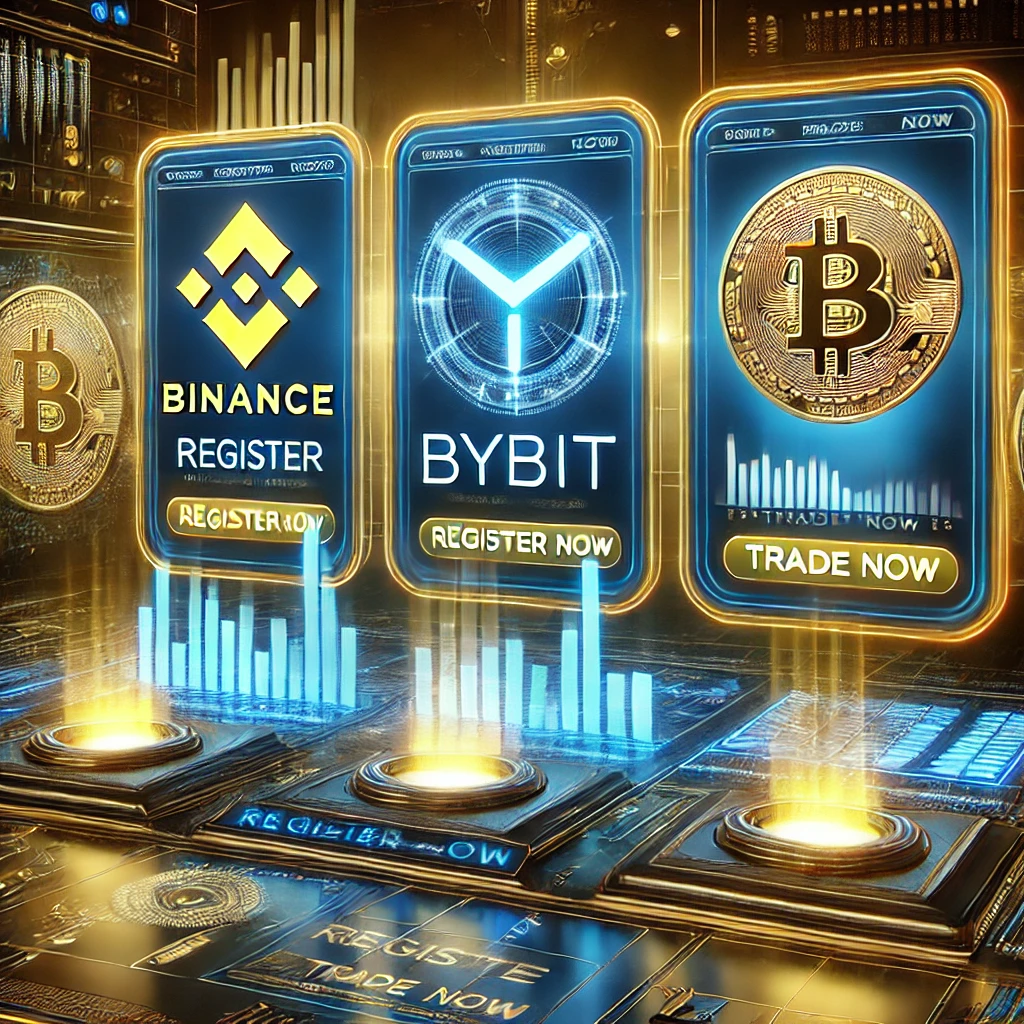1. Introduction
Decentralized Finance (DeFi) has emerged as a revolutionary alternative to traditional banking, offering financial services without intermediaries. With blockchain technology, DeFi enables users to access lending, borrowing, trading, and yield-generating opportunities directly from their digital wallets. But can DeFi truly replace traditional banks? Let’s explore the potential and challenges of this new financial paradigm.
2. Understanding DeFi and Traditional Banking
What is DeFi?
DeFi is a financial ecosystem built on blockchain networks, primarily Ethereum, that eliminates intermediaries like banks. It operates through smart contracts and decentralized applications (DApps) to provide financial services such as:
- Lending & Borrowing: Platforms like Aave and Compound allow users to lend or borrow assets with smart contracts.
- Decentralized Exchanges (DEXs): Uniswap and PancakeSwap enable peer-to-peer trading without a central authority.
- Stablecoins & Payments: USDT, USDC, and DAI serve as digital alternatives to fiat currencies.
- Yield Farming & Staking: Users can earn passive income by providing liquidity to DeFi protocols.
How Do Traditional Banks Operate?
Banks act as intermediaries between depositors and borrowers. They offer financial services such as:
- Savings & Checking Accounts: Secure storage of funds with interest.
- Loans & Mortgages: Lending services based on credit history and collateral.
- Payment Processing: Facilitating transactions via SWIFT, credit cards, and wire transfers.
- Regulation & Security: Government oversight ensures stability and consumer protection.
3. Advantages of DeFi Over Traditional Banking
✅ Accessibility & Financial Inclusion
- Anyone with an internet connection can access DeFi services without requiring a bank account.
- DeFi eliminates barriers for the unbanked population worldwide.
✅ Transparency & Security
- Transactions are recorded on a public blockchain, ensuring transparency.
- Users have full control over their funds without relying on centralized institutions.
✅ Lower Costs & Faster Transactions
- DeFi eliminates middlemen, reducing fees and delays.
- Cross-border payments in DeFi are faster and cheaper compared to traditional banking.
✅ Yield Generation & Passive Income
- DeFi offers higher returns through staking, yield farming, and liquidity mining.
- Unlike banks, which provide low-interest rates on savings accounts, DeFi enables users to earn higher APY.
4. Challenges Preventing DeFi from Replacing Banks
❌ Scalability & High Gas Fees
- Ethereum-based DeFi projects suffer from high transaction costs during network congestion.
- Layer 2 solutions and alternative blockchains like Solana and Binance Smart Chain aim to solve this.
❌ Regulatory Uncertainty
- Governments worldwide are struggling to regulate DeFi, leading to potential legal risks.
- Lack of compliance with KYC (Know Your Customer) and AML (Anti-Money Laundering) laws may limit DeFi adoption.
❌ Security Risks & Smart Contract Vulnerabilities
- Smart contracts can be exploited by hackers, leading to potential losses.
- Traditional banks provide insurance and fraud protection, which DeFi currently lacks.
❌ User Experience & Mass Adoption
- DeFi platforms are complex for non-technical users.
- Mainstream adoption requires better UI/UX and educational efforts.
5. Future Outlook: Coexistence or Replacement?
While DeFi offers many advantages, replacing traditional banks entirely is unlikely in the near future. Instead, a hybrid financial system may emerge, where:
- Banks integrate blockchain technology to improve efficiency.
- Regulated DeFi platforms bridge the gap between decentralized and traditional finance.
- Central Bank Digital Currencies (CBDCs) merge the best of both worlds.
6. Conclusion
DeFi has the potential to disrupt banking by providing open, permissionless financial services. However, scalability, security, and regulation remain significant barriers. Rather than replacing traditional banks, DeFi is likely to complement them, pushing the financial industry towards greater innovation and decentralization.
🚀 Explore decentralized finance today!
👉 Trade on Binance | 👉 Trade on Exness


Leave a Reply